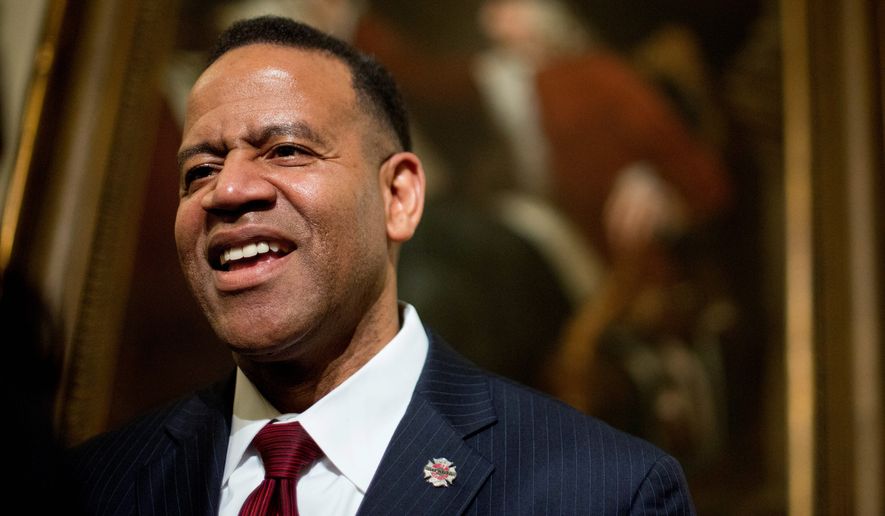A House hearing convened Tuesday to discuss legislation aimed at bolstering protections for those who believe marriage is the union between one man and one woman.
Sponsored by Sen. Mike Lee, Utah Republican, and Rep. Raul R. Labrador, Idaho Republican, the First Amendment Defense Act would prohibit the federal government from punishing individuals and organizations for their beliefs about sexuality and marriage.
Testifying before the House Oversight and Government Reform Committee, Mr. Lee said the legislation is necessary in the wake of the U.S. Supreme Court decision last year in Obergefell v. Hodges, which created a constitutional right to same-sex marriage.
In Obergefell’s oral arguments, Justice Samuel A. Alito asked Solicitor General Donald Verrilli whether religious universities could lose their tax-exempt status for their views on marriage.
“It’s certainly going to be an issue,” Mr. Verrilli said. “I — I don’t deny that. I don’t deny that, Justice Alito.”
Mr. Lee said his bill would resolve that issue.
“What an individual or organization believes about marriage is not, and never should be, any of the government’s business, and it certainly should never be part of the government’s eligibility rubric in distributing licenses, awarding accreditations or issuing grants,” Mr. Lee said. “And the First Amendment Defense Act simply ensures that this will always remain true in America.”
But John Obergefell, the plaintiff in the Supreme Court decision, said Tuesday that the bill would be essentially a state-sanctioned license to discriminate against gay people.
“Everyone in this country is free to believe or not and to live out their faith as they see fit, provided that they do not do so in a way that harms other people,” Mr. Obergefell said. “As I see it, this legislation turns this value on its head by permitting discrimination and harm under the guise of religious liberty.”
Kristen K. Waggoner, legal counsel for the Alliance Defending Freedom, said the notion that the legislation would take away rights from gay people is spurious.
“FADA is very limited in scope, and it does not take away civil rights protections,” Ms. Waggoner said. “Any suggestion to the contrary is not supported by the bill’s text.”
Kelvin Cochran, a former Atlanta fire chief who was terminated for writing a book in which he quoted the Bible’s prohibition of same-sex relations, said the legislation would ensure that no one “faces discrimination by the government and faces punishment that I have endured.”
“Equal rights, true tolerance means regardless of your position on marriage, you should be able to peaceably live out your beliefs and not suffer discrimination at the hands of the government,” Mr. Cochran said.
Despite the testimony of Mr. Cochran, who is black, opponents of the legislation made comparisons between the First Amendment Defense Act and Jim Crow race codes.
Rep. Elijah E. Cummings of Maryland, the ranking Democrat on the committee, asked panelists to raise their hands if they believe “it is acceptable for businesses in the United States to discriminate against employees because of their race.”
He repeated the charge several times, replacing “race” with other identity categories, such as sex, disability and sexuality. No panelists raised their hands.
“What is the difference between discriminating against someone who is black and someone who is gay?” Mr. Cummings said.
Rep. Mick Mulvaney, South Carolina Republican, mimicked the strategy, asking panelists whether Mr. Cochran deserved to be fired because of his belief in traditional marriage. No panelists raised their hands.
But when he asked the panelists to raise their hands if they believe churches and other religious organizations deserve to lose tax-exempt status because of their beliefs about marriage, several members raised their hands.
One of the panelists, Columbia Law School professor Catherine Franke, said, “It depends.”
• Bradford Richardson can be reached at brichardson@washingtontimes.com.




Please read our comment policy before commenting.